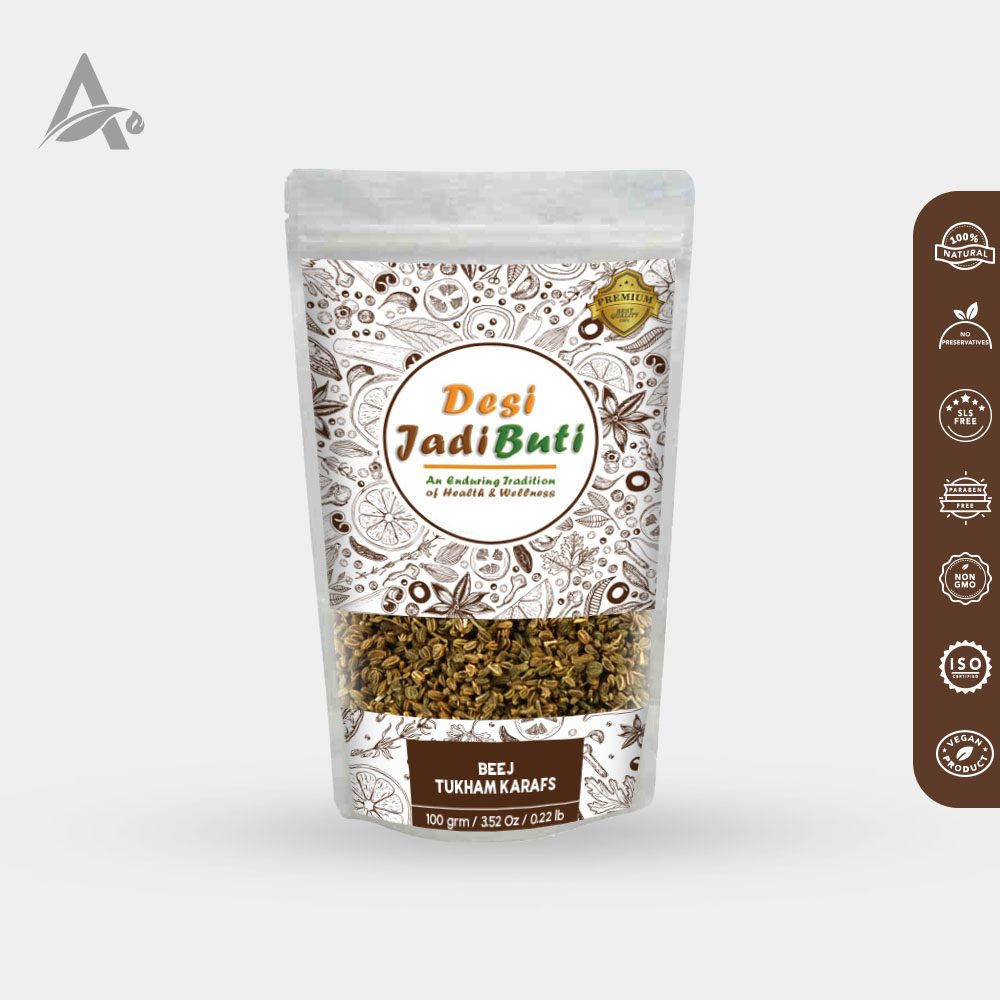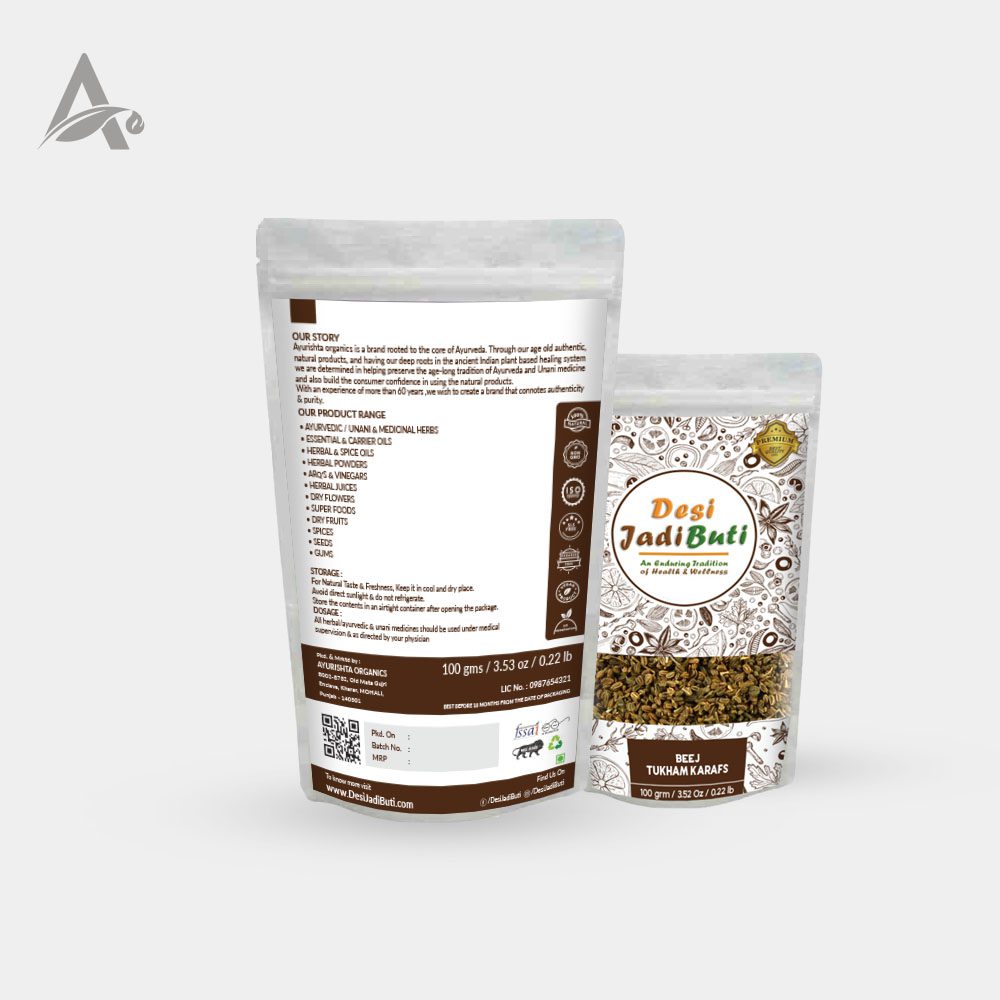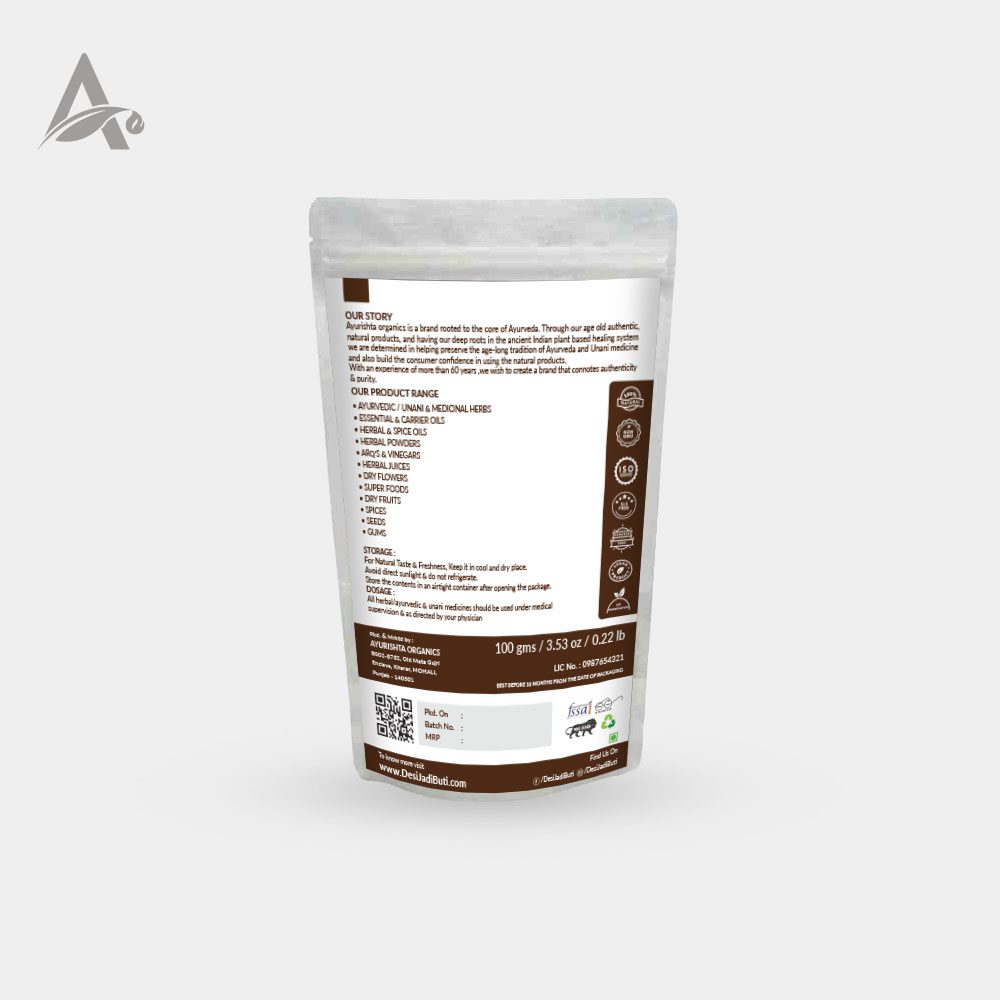Ajmoda Herbs is an important salad plant. In India, the leaves are not so popular, but the root and the seeds are commonly used in Ayurvedic medicine. The word celery is derived from Latin, celery which means quick acting, and presumably refers to its therapeutic properties. Ajmoda Herbs is a very important plant with great Ayurvedic medicinal properties. Scientifically Ajmoda Herbs is known as Apium graveolens. Apium graveolens comes under the family of Apiaceae.
The genus is derived from Latin, means bee because bees are attracted towards its off white flowers. The species graveolens means heavily perfumed. It is cultivated as a cold crop in India. It is believed that in ancient Greece, people crown the heads of the athletes with the leaves of Ajmoda to honour them. In the 17th century, it got hybridized to make its bitter taste less prominent.
Benefits:
Helps us in preventing and curing the following:
- This plant has antispasmodic diuretic anthelmintic aphrodisiac, emmenagogue, laxative, sedative toxic carminative and stimulant properties.
- It possesses anti-inflammatory properties that reduce the swelling and pain of the joints.
- It shows Antifungal activity against Shigella dysenteries, Salmonella typhi, Staphylococcus aureus Staphylococcus album, Maintains blood pressure and cholesterol in normal state.
- Roots are diuretic in nature, helps in hypertension and urinary disorders.
- It is very helpful in case of hysteria as enhances restfulness and sleep.
- This Ajmoda Herbs plant is used in treating rheumatism and kidney problems.
Other Names:
Apium graveolens, Ajmod, Ajmuda, tukham karfas, tukhme karafas, Vamaku, Randhuni.
Safety Information:
- For Natural Taste & Freshness, Keep it in cool and dry place.
- Avoid direct Sunlight & Do not Refrigerate.
- Store the contents in an Airtight Container after opening the package.
- All herbal medicine should be used under Medical Supervision only.






























































































Reviews
There are no reviews yet.